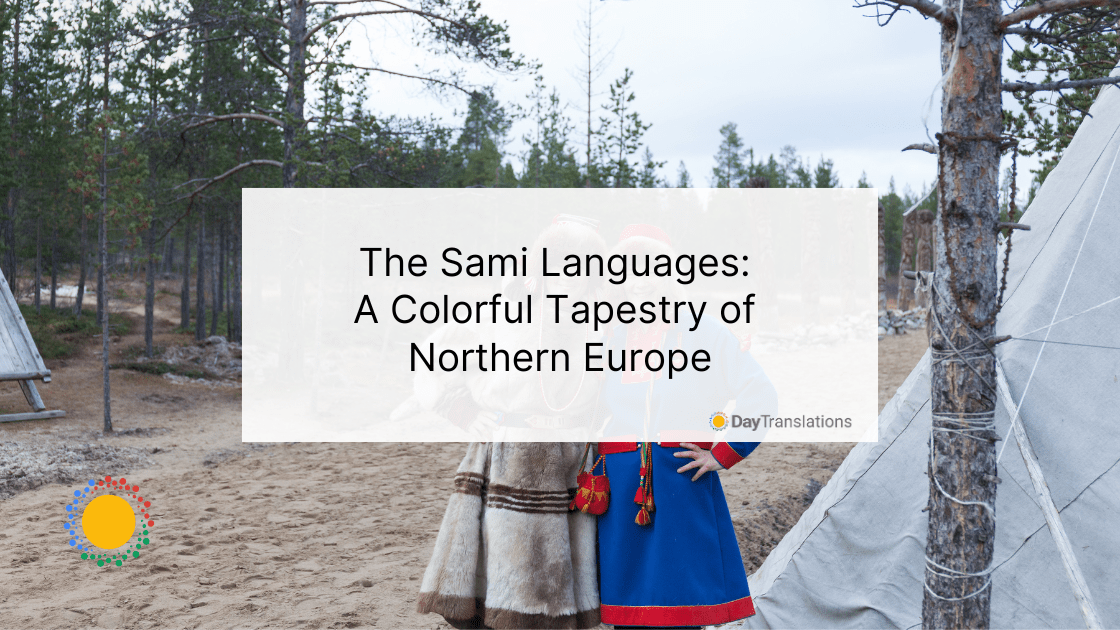Welcome back to The Language Classroom! In this installment, we’re diving into a fun and competitive topic: The Linguistic Olympics. While the Olympics we know celebrate physical prowess and endurance, our Linguistic Olympics highlights the incredible power of language skills. Get ready to discover how mastering languages can help you win gold in various aspects of life!
The Competitions: Categories in the Linguistic Olympics
Communication Mastery
Effective communication is the cornerstone of success in almost every field. In our Linguistic Olympics, participants showcase their ability to convey ideas clearly, negotiate deals, and build strong relationships. Whether you’re a diplomat resolving international conflicts or a teacher inspiring students, strong language skills are your ticket to victory.
Multilingual Proficiency
In today’s globalized world, being multilingual is a significant advantage. Competitors in this category demonstrate their proficiency in multiple languages, navigating conversations with ease across cultural boundaries. From business meetings in Tokyo to social gatherings in Paris, multilingualism can open doors and create opportunities.
Translation and Interpretation
Translation and interpretation require not only fluency in multiple languages but also an understanding of cultural nuances. Participants in this event translate complex texts or provide real-time interpretation, ensuring clear and accurate communication between parties. This skill is crucial in international diplomacy, global business, and multicultural communities.
Creative Writing
The ability to tell stories and express ideas creatively is a powerful language skill. In the Creative Writing event, contestants use their linguistic prowess to craft compelling narratives, poems, and essays. Whether you’re writing a bestselling novel or an engaging blog post, strong writing skills can captivate audiences and convey profound messages.
Training for the Linguistic Olympics
Immersion
One of the best ways to train for the Linguistic Olympics is through immersion. Living in a country where the language is spoken, attending language schools, and engaging with native speakers can rapidly improve your language skills. Immersion helps you understand the cultural context and idiomatic expressions that are often lost in textbooks.
Consistent Practice
Like any athlete, consistency is key for linguistic athletes. Daily practice, whether through reading, writing, speaking, or listening, strengthens language skills. Language learning apps, online courses, and language exchange partners can provide the practice you need to stay sharp and competitive.
Cultural Understanding
Language is deeply intertwined with culture. To excel in the Linguistic Olympics, competitors must understand the cultural contexts of the languages they study. This includes learning about traditions, social norms, and historical backgrounds. Cultural understanding enhances communication and builds empathy, making you a more effective language user.
The Benefits of Winning Gold in the Linguistic Olympics
Career Advancement
Mastering languages can significantly boost your career prospects. Many employers seek candidates with strong communication skills and the ability to interact with international clients. In fields like translation, international relations, and tourism, multilingualism is often a requirement. Winning gold in the Linguistic Olympics can set you apart from the competition and open doors to exciting job opportunities.
Personal Growth
Learning a new language is a journey of personal growth. It challenges your brain, improves cognitive functions, and enhances memory. It also builds resilience and adaptability, as you navigate the complexities of grammar, pronunciation, and cultural differences. The satisfaction of mastering a new language and the connections you make along the way are rewarding in themselves.
Cultural Exchange
Language skills facilitate cultural exchange and understanding. By communicating in another language, you can connect with people from different backgrounds, share experiences, and build friendships. This exchange enriches your life, broadens your perspectives, and fosters global harmony.
Real-Life Champions of the Linguistic Olympics
Nelson Mandela
Nelson Mandela, the former President of South Africa, was a champion of linguistic skills. Fluent in several languages, Mandela used his language abilities to communicate with diverse groups, promote peace, and unify his nation. His mastery of languages was a key factor in his success as a leader and a global icon.
J.K. Rowling
Author J.K. Rowling, known for her Harry Potter series, studied multiple languages, including French and Latin. Her knowledge of languages and their structures contributed to the rich, imaginative world she created in her books. Rowling’s linguistic skills helped her win gold in the realm of creative writing, captivating millions of readers worldwide.
Shakira
International pop star Shakira is another real-life champion of the Linguistic Olympics. Fluent in Spanish, English, and Portuguese, Shakira uses her multilingual abilities to connect with fans across the globe. Her language skills have played a significant role in her international success and her ability to promote cultural unity through music.
Aim for Gold in Your Linguistic Journey
The Linguistic Olympics remind us that language skills are not just about words but about connecting, understanding, and thriving in a globalized world. Whether you’re aiming for career success, personal growth, or cultural exchange, mastering languages can help you win gold in life.
Thank you for joining us in this exciting exploration of the power of language skills. Don’t forget to return for the next installment of The Language Classroom, where we’ll continue to uncover the wonders of the world’s languages. See you next time!












Sorry, the comment form is closed at this time.